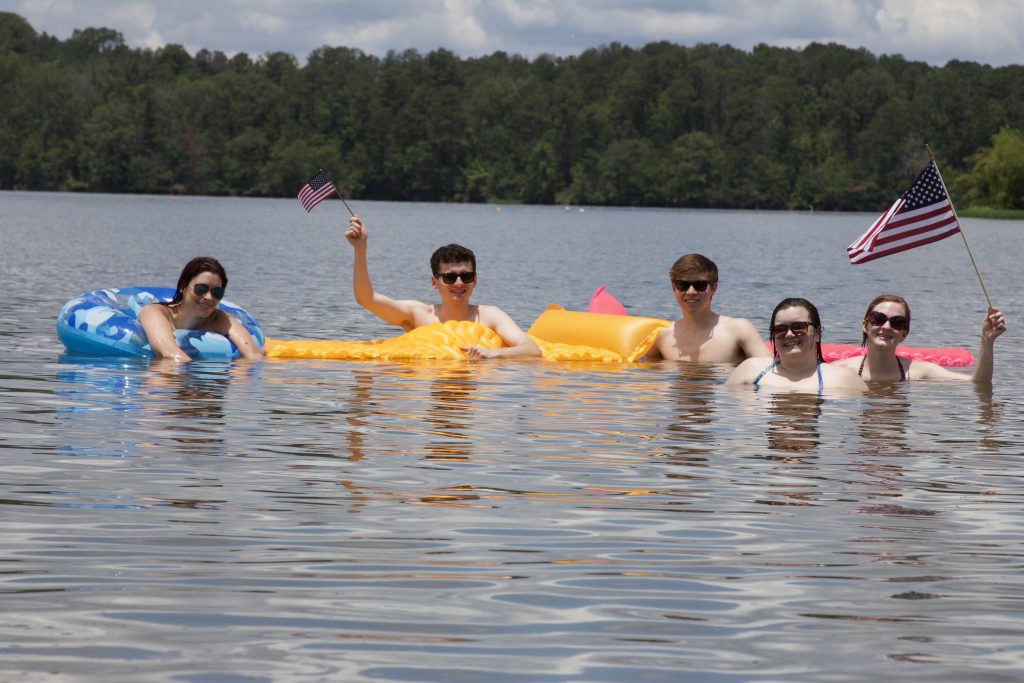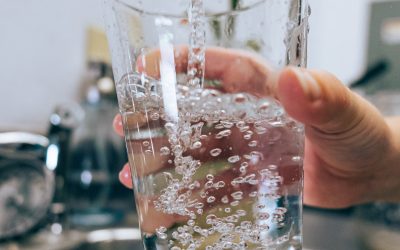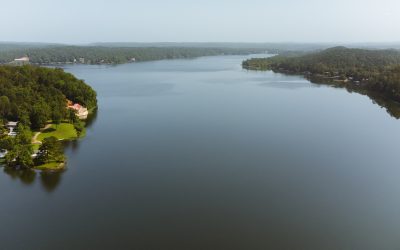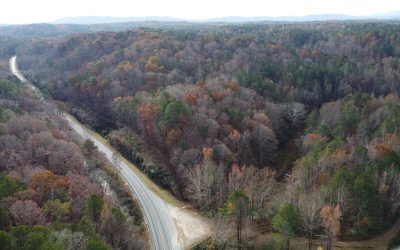The Clean Water Act became law of the land on October 18, 1972. The Act was intended to protect all of our waters – from the smallest streams to the mightiest rivers – from pollution and destruction. Today we celebrate the 45th anniversary of the Clean Water Act. It should be a cause for celebration ─ we have made incredible progress in 45 years. The Coosa River and its lakes are protected now by the Clean Water Act and water quality has improved markedly in those 45 years.

The Clean Water Act is responsible for restricting the amounts of chemicals and bacteria that can be released to the Coosa to safe limits, providing the regulatory authority for government enforcement when those limits are exceeded, and granting the right for citizen lawsuits when the government fails to enforce. Thanks to the Clean Water Act, it is safe to swim the majority of the time in Weiss, Neely Henry, Logan Martin, Lay, Mitchell and Jordan Lakes. Our Swim Guide program tracks that water quality to provide you the most up to date information on water conditions in the summer.
The Clean Water Act is visionary and its goals ambitious. It aimed to clean up our waters and stop pollution discharges into our waters by the mid 1980’s. That vision and ambition has driven us forward and helped us achieve so much ─ rivers no longer catch fire and many vital lakes and bays can support wildlife and recreation again. But our water still faces major threats. Agricultural and stormwater runoff still feed algal blooms in our lakes; climate change is worsening droughts, and too many industries are allowed to discharge toxic chemicals that can cause cancer or developmental and reproductive issues.
 The Clean Water Act is proof that we can come together to make a difference for our water. Recent polls show that people are more concerned about their water than ever before. But we can’t just be concerned, we must take action. That’s why Coosa Riverkeeper has over 500 members that donate $10 or more each year to keep a full-time staff watching over the Coosa and her lakes to ensure the Clean Water Act is enforced.
The Clean Water Act is proof that we can come together to make a difference for our water. Recent polls show that people are more concerned about their water than ever before. But we can’t just be concerned, we must take action. That’s why Coosa Riverkeeper has over 500 members that donate $10 or more each year to keep a full-time staff watching over the Coosa and her lakes to ensure the Clean Water Act is enforced.
In just the past few months, the Environmental Protection Agency has proposed to redefine “waters of the United States” (WOTUS) in a way that would dramatically reduce the number of waterbodies protected by the Clean Water Act. The Clean Water Act’s definition of WOTUS is essential to the protection of human health, the wellbeing of communities, the success of local, state and national economies, and the functioning of our nation’s vast, interconnected aquatic ecosystems, as well as the many threatened and endangered species that depend on those resources. Because 1 in 3 Americans gets their drinking water from small streams, a clear, broad definition of WOTUS is critical to protecting the drinking water for millions of Americans, reducing the public’s exposure to toxic metals and pollution, and preventing the contamination of thousands of miles of waterways across the country. We cannot have clean water unless we control pollution at its source — wherever that source may be. Our Riverkeeper Patrol program focuses on identifying and addressing pollution.
Clean water is the backbone of healthy communities and a healthy economy – property values on the river are directly tied to the perceived health of that river. No one wants a dirty lake, and thanks to the Clean Water Act, we have tools to clean up any lake in the nation given the time and resources. Help Coosa Riverkeeper continue the restoration of the Coosa River by pledging your time and support and become a member today!



